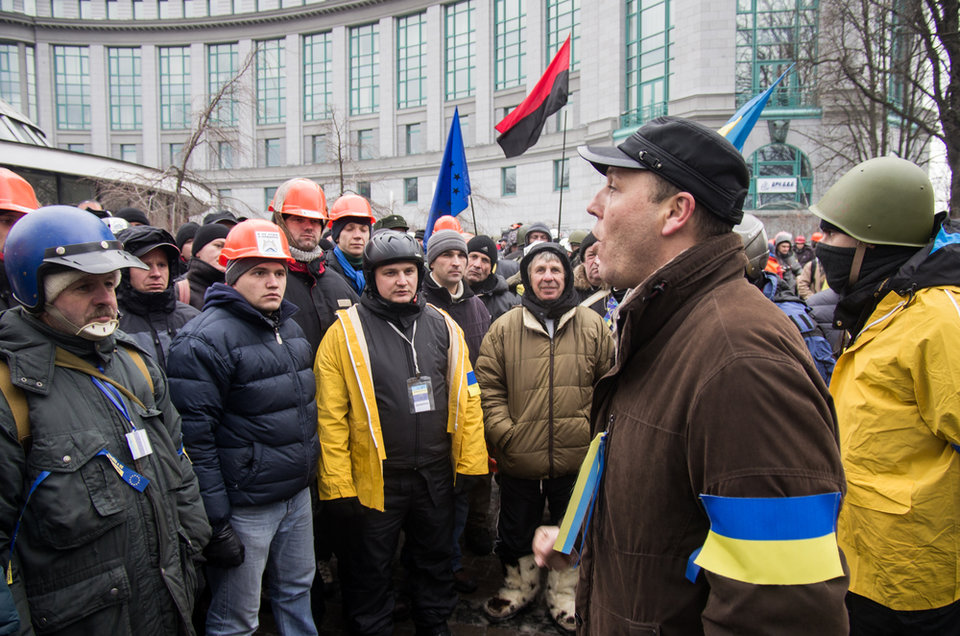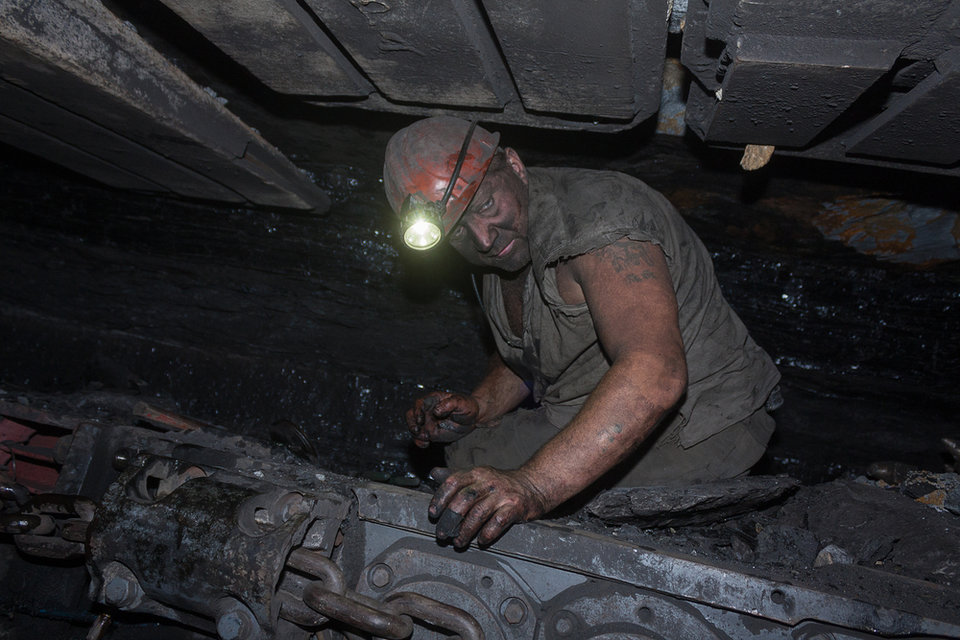Toxic tailings reprocessing in Zambia
Jubilee Metals Group recently took control of the Kabwe zinc, lead and vanadium project in Zambia, and is now preparing to reprocess the large historic tailings in the town. Patrick Kingsland speaks to Jubilee’s business development manager Gareth Owen to find out more
Scroll down to read the article
Part of Central Africa’s copperbelt, the city of Kabwe in Zambia has been described by some as “the world’s most toxic town”. For almost a century it was home to a poorly regulated lead mining and smelting industry before the main state-controlled mine closed in 1994, leaving behind millions of tons of tailings and pollution that has since contaminated an entire generation of Zambians.
According to one recent study in the peer-reviewed scientific journal Chemosphere, the levels of lead in the blood of 246 tested children from Kabwe all exceeded the five micrograms per decilitre safety limit. In the majority of cases, levels were above 45 micrograms per decilitre – at which there is a risk of brain, liver and hearing damage – and in some cases levels over 150 micrograms per decilitre – at which there is a risk of death.
“Having been to probably 20 toxic hotspots throughout the world, and seeing mercury, chromium and many contaminated lead sites, [I can say] the scale in Kabwe is unprecedented,” said Professor Jack Caravanos, an environmental health expert at New York University, in a recent interview with the Guardian. “There are thousands of people affected here, not hundreds as in other places.”
Toxic tailings cause environmental hazards
For Gareth Owen, business development manager at Jubilee Metals Group, which is about to begin construction in Kabwe to reprocess the area’s historical tailings, it is a legacy that mining companies like his must also try to understand.
“The environmental hazard caused by these tailings in Kabwe is a big issue,” says Owen. “Going back to the era in which those tailings were first deposited, it was not done in the most environmentally friendly manner. They were scattered in a large area around Kabwe and not built to contain what was inside those tailings.”
According to Owen, Jubilee, which is headquartered in London, has made active plans to “dramatically reduce” the environmental hazards caused by the toxic tailings in Kabwe.
“Jubilee sees itself in two spheres: the first being commodity recovery for mining waste material, and the second being environmentally friendly and helping clear up these historic environmental liabilities,” says Owen.
“Once Jubilee has processed the tailings in Kabwe, the residual tailings will be constructed and deposited into a tailing storage facility, which is up to current day standards in terms of containing contamination and upholding environmental health standards.”
Once Jubilee has processed the tailings in Kabwe, the residual tailings will be constructed and deposited into a tailing storage facility

Ukraine’s miners have protested for years against lack of funds for investment. Credit: LongJon/Shutterstock.
We are looking at a few copper-cobalt projects in Kitwe, which has been slightly behind economically recently
Building a wider industry from waste material recovery
The original owner of the Kabwe project was Berkeley Mineral Resources (BMR), but Jubilee has since gained full control of the zinc, lead and vanadium project, increasing its interest to 87.5%.
According to Owen, processing the tailings at Kabwe is only the start for Jubilee, which is looking to build an entire industry in the country out of recovering historic surface mine waste material.
“What makes the Kabwe project interesting from our perspective is that Jubilee is really looking to build an industry out of recovering this mine waste material,” says Owen. “And when I said build an industry I mean international, multi-commodity, mine waste material recovery.
“The Kabwe project marks Jubilee's entry into Zambia but we have further plans. We are looking at a few copper-cobalt projects in Kitwe (the second largest city in terms of size and population in Zambia), which has been slightly behind economically recently.”
Even with locals employed in its facilities, the job of improving the mining industry’s reputation will not be easy
More than half of the country’s coal mines are managed by pro-Russian separatist militia. Credit: DmyTo/Shutterstock.

Local labour to help improve industry’s reputation
As it expands its interests in Zambia, Owen says Jubilee will also be looking to employ as much local labour as possible. That will be a welcome promise in Kabwe, which is located in Zambia’s Central Province, where 10% of the population is unemployed, according to the country’s 2014 Labour Force Survey.
“In terms of job creation, part of our mandate as directed by the government in Zambia is that we need to employ local people,” says Owen. “Local employment and local participation is a big part of Jubilee’s agenda here.”
But even with locals employed in its facilities, the job of improving the mining industry’s reputation will not be easy. The legacy mining companies have left in Kabwe remains deeply toxic, with residents still suffering the consequences of a century of negligence.
“It is shocking to think that we are here in 2017 and that a problem we have known about for decades is still here,” said Caravanos, in the Guardian article last year.
“We have the knowledge – we just have to get the kids away from the exposure,” he added on a note of optimism. “Will Kabwe ever be a lead-free town? No, but it can be a lead safe town.”
Even with locals employed in its facilities, the job of improving the mining industry’s reputation will not be easy